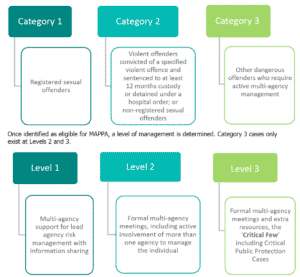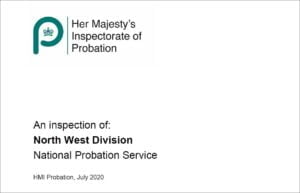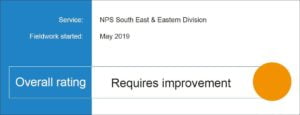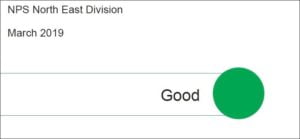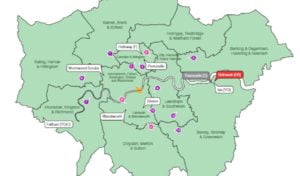Multi-Agency Public Protection Arrangements
The MoJ’s annual report on Multi-Agency Public Protection Arrangements for 2015/16 (published on 27 October 2016) found a considerable 5% rise on the number of MAPPA-eligible offenders.
MAPPA bring together the Police, Probation and Prison Services into what is known as the MAPPA Responsible Authority for each MAPPA Area to manage serious (mainly sexual and violent) offenders to minimise the risk they pose to the public.
A number of other agencies are under a duty to co-operate with the Responsible Authority. These include: Children’s Services, Adult Social Services, Health Trusts and Authorities, Youth Offending Teams, Home Office Immigration Enforcement, local housing authorities and certain registered social landlords, Jobcentre Plus, and electronic monitoring providers.
Offenders eligible for MAPPA are identified and information is gathered and shared about them across relevant agencies. The nature and level of the risk of harm they pose is assessed and a coordinated risk management plan is implemented to protect the public.
Key findings
The headline findings are set out below:
- On 31 March 2016 there were 71,905 MAPPA-eligible offenders. Of these, 73% were Category 1 (Registered Sexual Offenders), 26% were Category 2 (Violent Offenders) and less than 1% were Category 3 (Other Dangerous Offenders). The large majority of cases (98%) were managed at Level 1 – ordinary agency management.
- The total number of MAPPA-eligible offenders on 31 March 2016 is 5% higher than on 31 March 2015. This reflects increases across all three MAPPA Categories.
- The rate of Category 1 offenders (Registered Sexual Offenders) in 2015/16 is 104 per 100,000 of population. This is an increase from 98 in 2014/15 and continues a trend of successive annual increases.
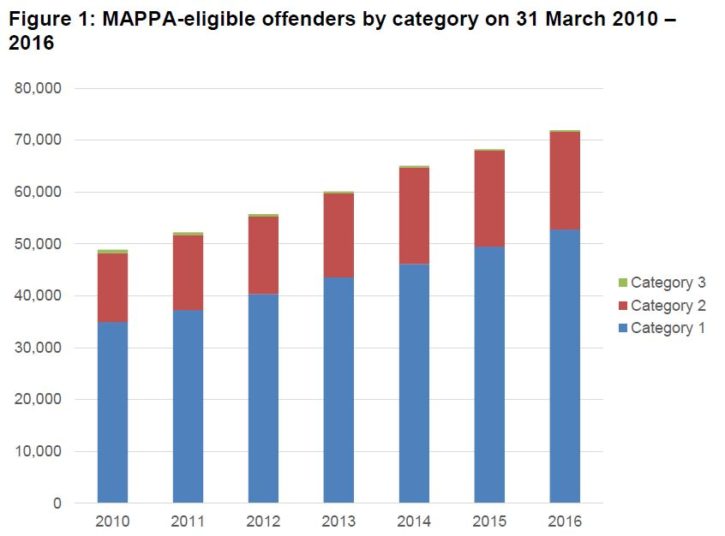
Interestingly, 15% (765 offenders) of Level 2 and Level 3 MAPPA offenders returned to custody for a breach of licence conditions in 2015/16. Although this figure is up 12% on the previous year, it is still lower than every one of the previous eight years:
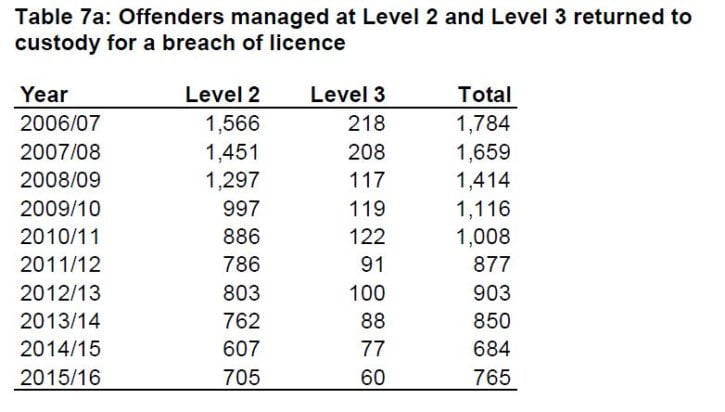
Despite all the (valid) criticisms of the Transforming Rehabilitation probation reforms, it is interesting to note that the number of MAPPA eligible offenders charged with Serious Further Offences (SFOs) in 2015/16 was 193 — a 13% decrease from 2014/15 when there were 222 offenders charged with a SFO, which, it should be noted, was an historical high.
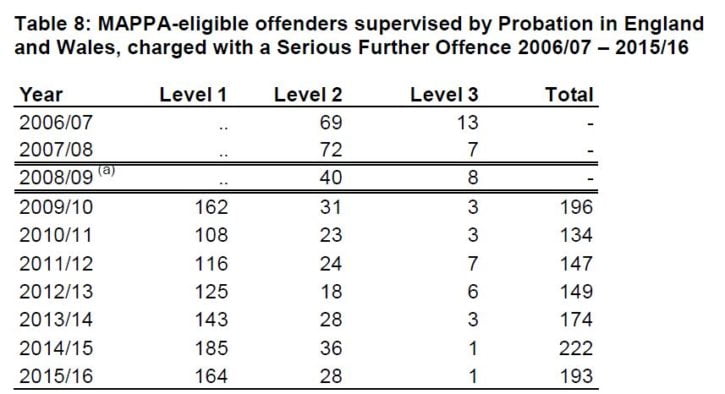
Nevertheless, for SFOs to be down 13% in the same year as the number of MAPPA offenders increased by 5% is worth an honourable mention.
Conclusion
The unrelenting rise of the number of offenders supervised under MAPPA (driven mainly by the increasing numbers of people convicted of sexual offences) is bound to put a continuing strain on the resources of the National Probation Service in particular, which is hampered by staff shortages in a number of areas.


